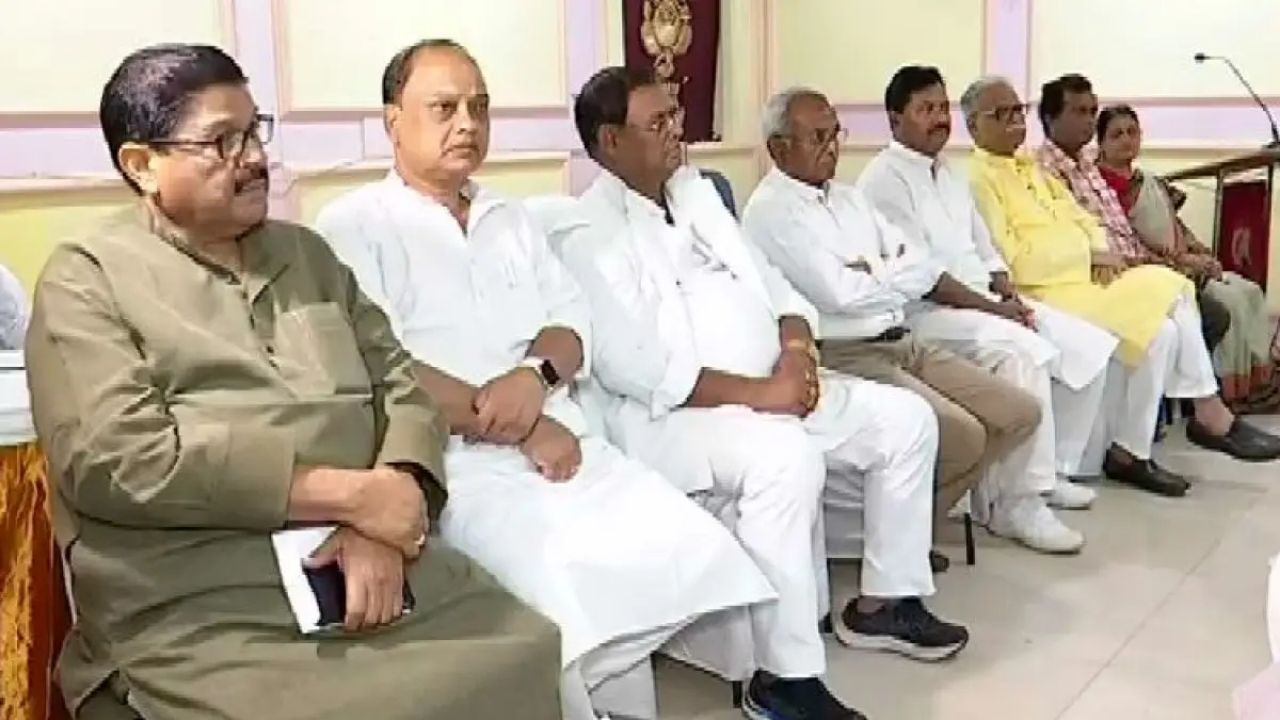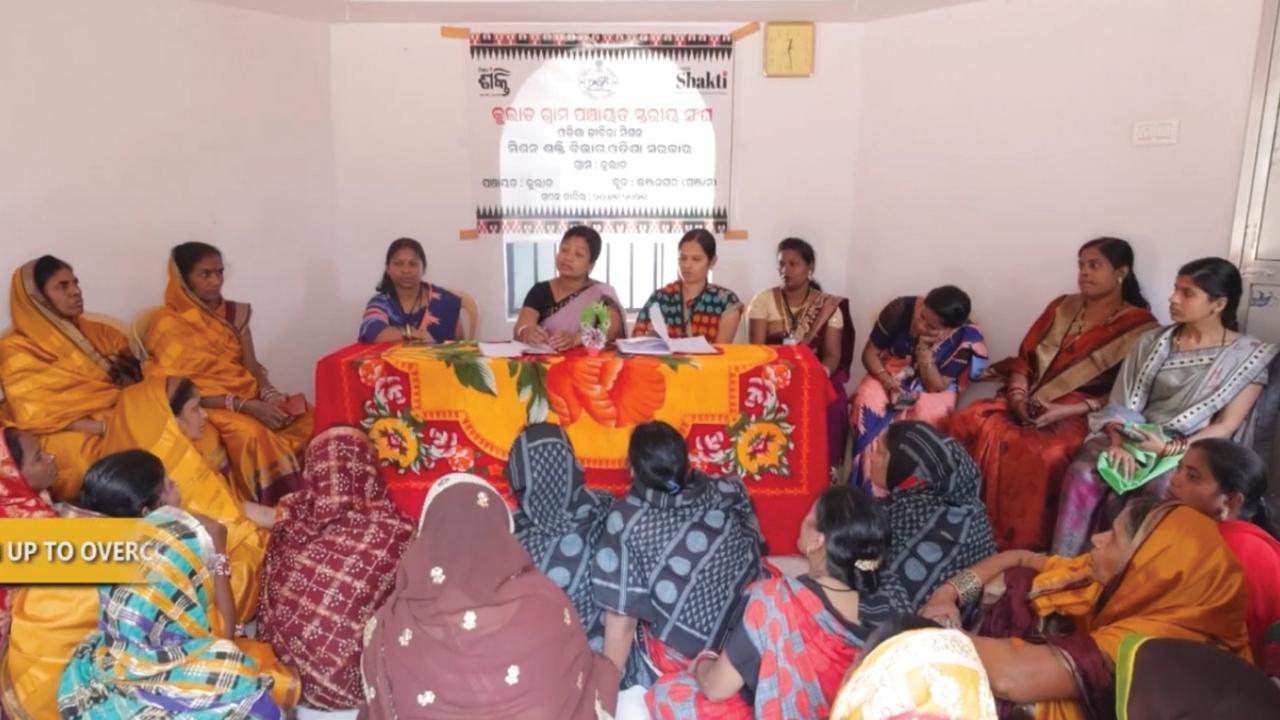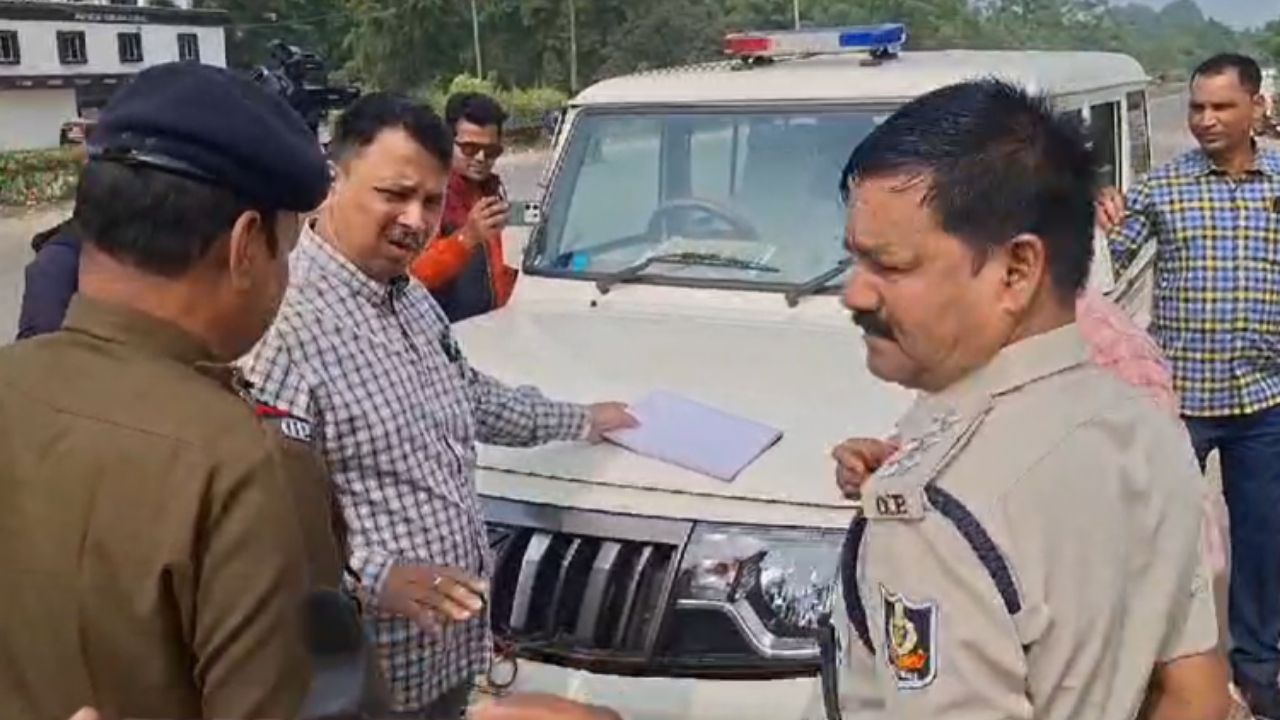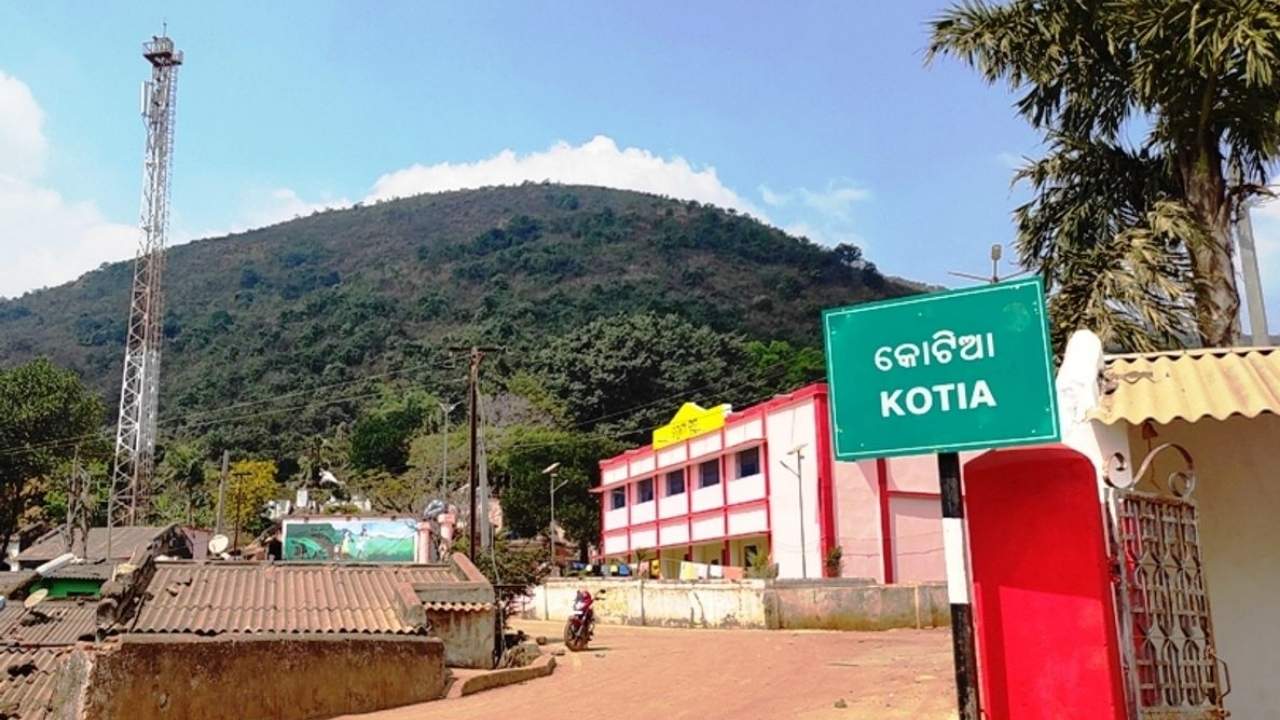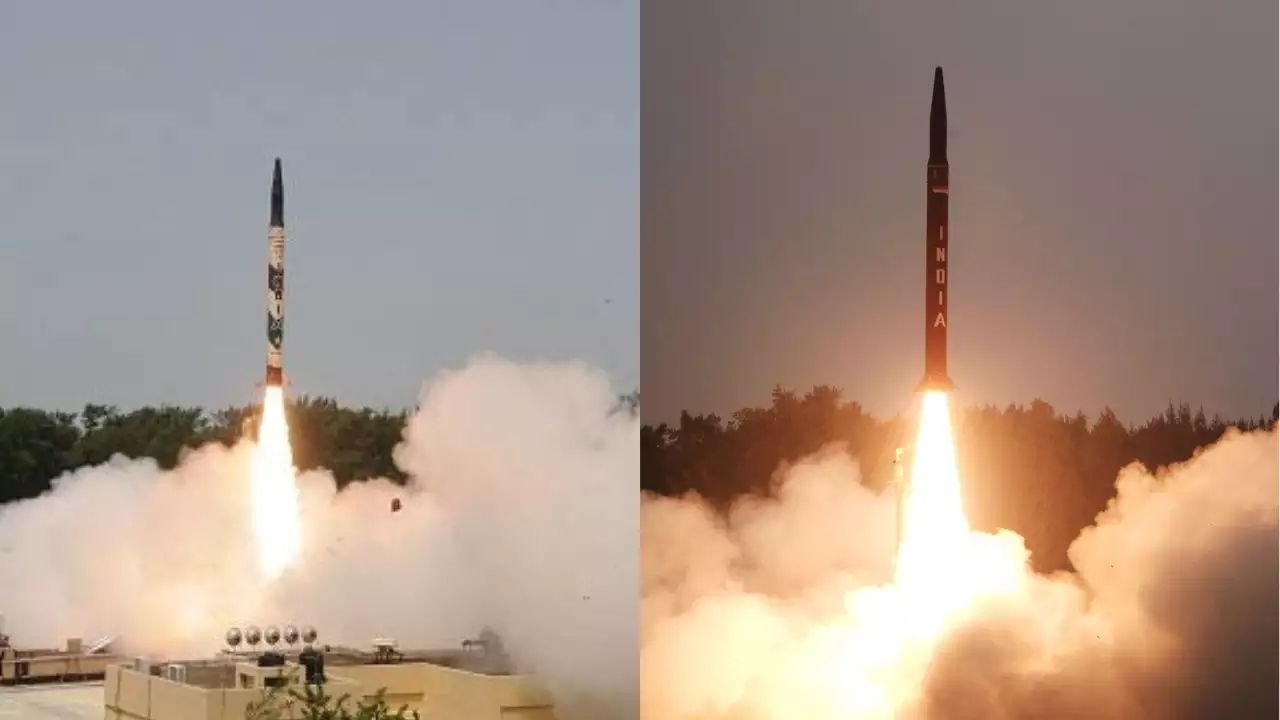BHUBANESWAR, India – The Odisha Congress Chief sharply criticized the Biju Janata Dal (BJD) party’s decision to abstain from the 2022 Vice-Presidential election, framing the move as an indirect endorsement of the Bharatiya Janata Party (BJP)-led National Democratic Alliance (NDA). The BJD, which governs the state of Odisha, defended its position as a principled stance of neutrality.
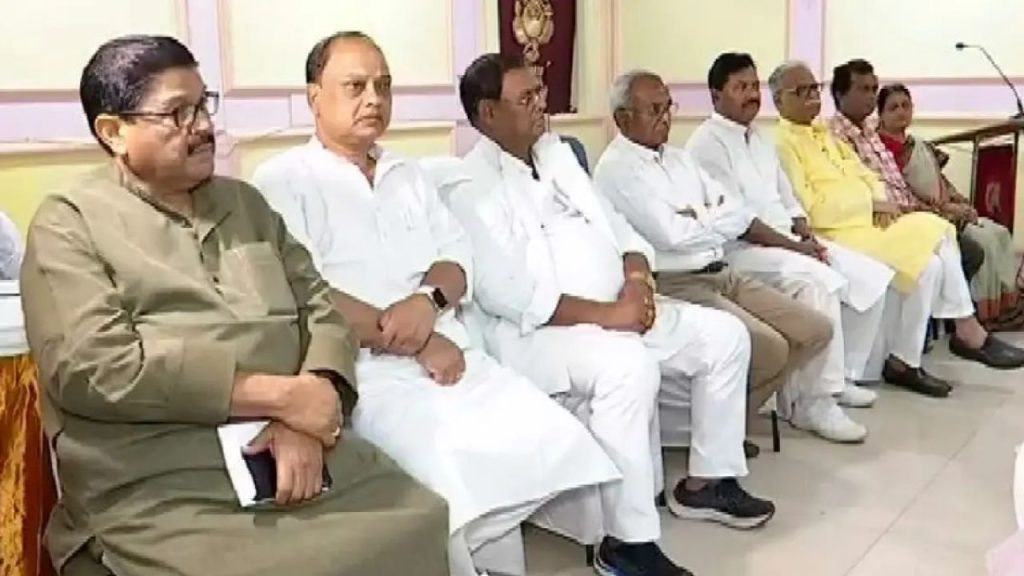
Accusations of a “Secret Understanding”
The criticism from the opposition was swift after the BJD announced its parliamentarians would not participate in the vote. The Odisha Congress Chief, Sarat Pattanayak, accused the regional party of having a “secret understanding” with the BJP, which leads the central government. He argued that abstaining from a crucial constitutional election was an abdication of democratic responsibility.
“By deciding to abstain from voting, the BJD has once again proved that it is the B-team of the BJP,” Pattanayak stated in a press conference in August 2022, according to reports from the Press Trust of India. “An abstention is a form of passive support. They did not have the courage to openly support the NDA’s candidate, so they chose to help them by staying away.”
The Congress party’s central leadership echoed this sentiment, suggesting that the BJD’s move undermined the opposition’s effort to field a joint candidate, Margaret Alva, against the NDA’s nominee, Jagdeep Dhankhar.
BJD’s Strategy of “Equidistance”
The Biju Janata Dal, led by its president and longtime Odisha Chief Minister Naveen Patnaik, has long pursued a political strategy of maintaining “equidistance” from both the BJP and the Congress. The party has often supported the central government on key legislative matters in Parliament while competing against the BJP in state-level elections.

In an official statement, the BJD clarified that its members of parliament in both the Lok Sabha (the lower house) and the Rajya Sabha (the upper house) would not vote for either candidate. This decision was presented as consistent with their policy of not aligning with either of the major national coalitions.
This abstention in the Vice-Presidential election stood in contrast to the party’s actions just a month prior during the Presidential election. The BJD had offered its full support to the NDA’s candidate, Droupadi Murmu, who ultimately won. The party justified that decision by highlighting Murmu’s origins in Odisha, stating that supporting a “daughter of the soil” for the nation’s highest office transcended partisan politics.
The Political Calculus of Naveen Patnaik
Political analysts suggest the BJD abstention was a calculated move by Naveen Patnaik to balance several interests. By supporting Murmu, he catered to regional sentiment in Odisha. By abstaining from the Vice-Presidential vote, he reasserted his party’s neutral stance, ensuring he retained leverage with the central government without formally joining the NDA coalition.

“Patnaik’s strategy is about securing maximum benefits for his state,” said Dr. R. K. Mohanty, a political science professor at Utkal University, in a media interview. “By sometimes supporting and sometimes opposing the central government, he ensures a continuous line of communication and negotiation for Odisha’s interests, all while keeping his primary political rival in the state, the BJP, at arm’s length.”
Election Outcome and Implications
The Vice-Presidential election concluded with a decisive victory for Jagdeep Dhankhar, who secured 528 votes against Margaret Alva’s 182. The BJD has 12 members in the Lok Sabha and 9 in the Rajya Sabha. While their 21 votes would not have altered the final outcome, their participation on either side would have been politically symbolic.
CM Mohan Majhi Claims Odisha Govt Has Achieved What Naveen Patnaik Never Attempted
Odisha Government to Sanction 50,000 Houses Under Antyodaya Scheme
Age Manipulation for Pension? Odisha Faces Uproar Over Suspicious Voter ID Updates
The decision by the BJD, along with a few other regional parties, highlighted the fragmented nature of the opposition in India. Despite efforts to present a united front, key regional players continue to prioritize their own state-level political compulsions and strategic interests over a cohesive national opposition bloc.
The stance taken by the BJD in the 2022 elections serves as a key indicator of its likely approach in future national political events. The party continues to position itself as a powerful regional force that can act as a kingmaker or a crucial swing player, depending on the political arithmetic of the moment. This strategy, while criticized by the Odisha Congress Chief and other opposition leaders, has proven electorally successful for Naveen Patnaik within his home state for over two decades.

